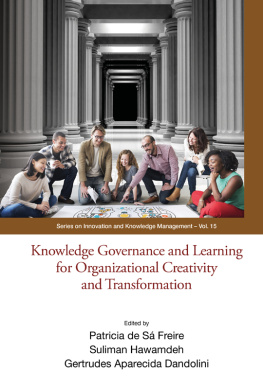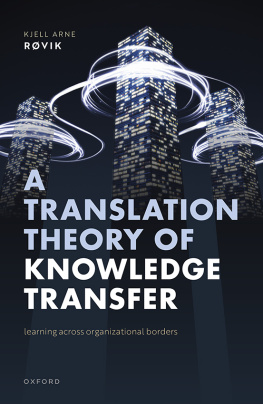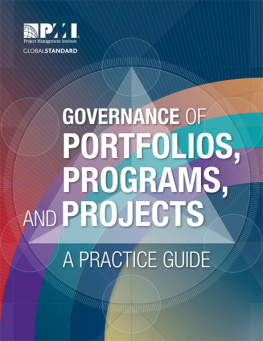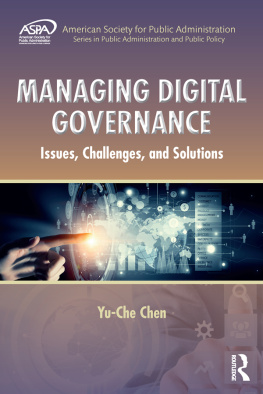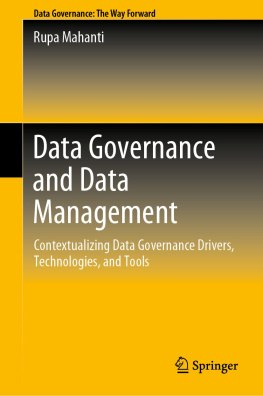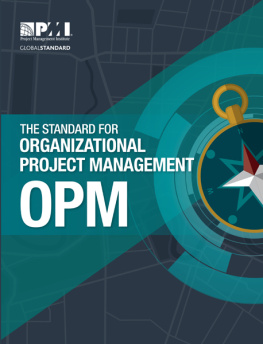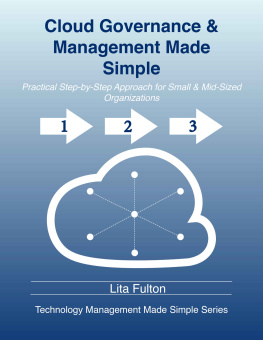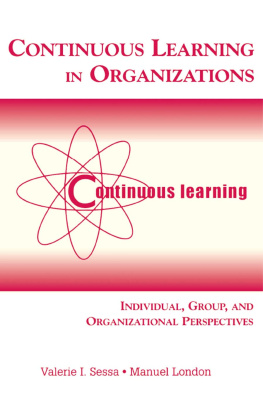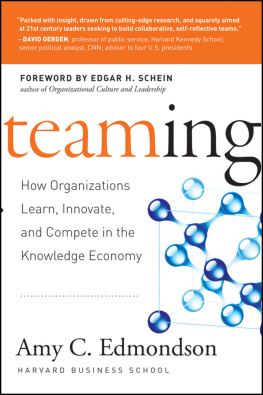Contents

Part I
Knowledge Governance
Part II
Organizational Learning
Part III
Innovation
Part IV
University Innovation
2022 World Scientific Publishing Company
https://doi.org/10.1142/9789811224119_0001
Why Knowledge Governance and Learning
Patricia de S Freire*,, Suliman Hawamdeh,, Gertrudes Aparecida Dandolini*,and Graziela Grando Bresolin*,**
*Federal University of Santa Catarina, Graduate Program in Knowledge Management and Engineering, R. Delfino Conti, s/n, Trindade, Florianpolis SC, 88040-900, Brazil
University of North Texas, Department of Information Sciences, College of Information, Denton, TX, USA
**
This introductory chapter discusses the various concepts of knowledge governance and their relationships to learning at the individual and organizational level. The governance of learning and governance of knowledge are complimentary concepts increasingly used in relation to the traditional concept of corporate governance. The chapter also discusses knowledge management and organizational learning and their relevance to the various concepts used in this book such as NGov, LGov and KGov.
1.1.Introduction
Knowledge has long been recognized as the most important factor for human development and survival. It has played a key role in gaining a better understanding of nature and the world around us. Humans, through the advances in science and technology, were able to learn how to work the fields, grow crops, raise animals, build infrastructure, and fight diseases. More importantly, humans were able to utilize cumulative knowledge to build governing systems, enact rules and regulations, and create civic societies. Today, societal transformation and development is characterized not only by the advances in science and technology but also by the degree to which these societies are able to learn and adapt. Our society today faces some of the most difficult challenges and complex issues that could have been easily created by the advances in science and technology. Some of these complex issues include the environment, the stockpile of nuclear weapons, and the increased threat to our privacy and security caused by Internet hacking and cybersecurity attacks. Our ability to address these issues depends largely on our ability to learn, adapt, and recognize the interconnectedness of the various governing systems.
1.2.Knowledge Management
Organizations today, small and big, have realized the importance of knowledge as an indispensable element for their survival. Knowledge management and learning are essential elements in creating a distinctive value for the organization and maintaining organizational competitive advantage in both private and public sectors.
Knowledge management comprises a set of processes and practices designed to help organizations improve performance and achieve a competitive advantage. Knowledge management is responsible for monitoring, facilitating, and managing the processes of creating and internalizing knowledge at the levels of individual and organization. Thus, due to its
However, to create knowledge and manage it in such a way as to overcome existing and new organizational challenges of innovation and transformation, there is a need to engage in theoretical and empirical research. Research is needed to understand how key drivers such as culture, leadership, policies, and situational strategies play a role in the enhancement of knowledge management and learning processes and practices at the individual and organizational level. Organizational learning is not much different from that of individual learning in the sense that organizations do gain experience over time through the development of organizational culture, organizational leadership, and norms and practices. The ability of the organization to develop knowledge management practices such as communities of practice, best practices, and lessons learned reflects the ability of the organization to learn overtime and gain experience.
Knowledge is normally created as a result of a learning process that takes into account historical data and social interaction. The drivers of organizational transformation, knowledge creation, and innovation are largely dependent on governance structures that could facilitate or undermine the knowledge management processes and practices needed achieve the intended results.
There is a lack of studies investigating knowledge management and learning constructs concomitantly with Knowledge Governance (KGov). There is a need for better understanding the interrelationship, interdependence, and interconnection of governance mechanisms and components with intra- and inter-organizational networks. The most recent studies on these relationships show that the mechanisms and components addressed by the traditional Corporate Governance have not deepened the issues of knowledge management and organizational learning. As a result, this ends up hampering the transformation and innovation planned by the organizations strategy.
1.3.Corporate Governance
The traditional Corporate Governance model, currently in force in organizations, began to be questioned for having a narrow focus on monitoring and control of results and offering few mechanisms that support the cycles of knowledge and organizational learning that promote innovation.
It is worth remembering that the Corporate Governance model emerged with the idea of cooperation and interaction among stakeholders as a way to ensure the achievement of common goals, optimize company performance, and facilitate access to capital.
According to Marques, Corporate Governance is:
mechanisms or principles that govern the decision-making process within a company, whose central objective would be to balance the competitiveness and productivity of a company with a responsible and transparent management (p. 13).
While not excluding the need for monitoring and control, it is necessary to move forward to face the challenges generated by the collaborative economy and the new intelligent technologies (which are changing and improving ever more rapidly). A Corporate Governance model must be based on mechanisms and organizational components that recognize the value of sharing, exchanging and transferring knowledge for the creation of value, such as the multi-level governance model.
Multilevel Governance (MultiGov) is a term derived from the dynamics of decision-making at multiple levels in the European Union. It presents a different perspective and provide a more complete answer to problems related to integration and trust between institutions. It focuses more on individual and collective goals to be achieved than on a roadmap on how to achieve them. This process allows more freedom in the creation and innovation within legal and strategic principles of the common good.
MultiGov involves stakeholders from different organizational structures that interact with each other and enables horizontal, vertical, and
MultiGov is normally proposed for contemporary organizations to better deal with the complexity of the challenges facing society. This can be better achieved through the integration of different organizational competencies for the elaboration of policies and corporate structures aimed at governing with a special focus on economic, social, and environmental sustainability (see
Table 1.1.Multilevel governance mechanisms.

